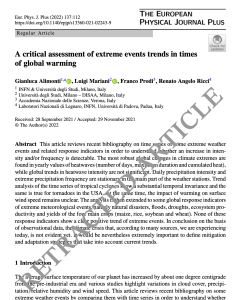
Would you consider a donation to support Weekend Reads, and our daily work?
The week at Retraction Watch featured:
- Former Alabama chemistry prof faked data in grant applications: Federal watchdog
- ‘Unethical and misleading’: Researcher finds his name on editorial boards of journals he’s never heard of
- Researcher sues U.S. government following debarment, misconduct finding
- Stanford president retracts two Science papers following investigation
- Withdrawn AI-written preprint on millipedes resurfaces, causing alarm
Our list of retracted or withdrawn COVID-19 papers is up to well over 350. There are now 42,000 retractions in our database — which powers retraction alerts in Edifix, EndNote, LibKey, Papers, and Zotero. The Retraction Watch Hijacked Journal Checker now contains 200 titles. And have you seen our leaderboard of authors with the most retractions lately — or our list of top 10 most highly cited retracted papers?
Here’s what was happening elsewhere (some of these items may be paywalled, metered access, or require free registration to read):
Continue reading Weekend reads: A journey through a paper mill; Stanford president’s retractions; developments in Gino case






